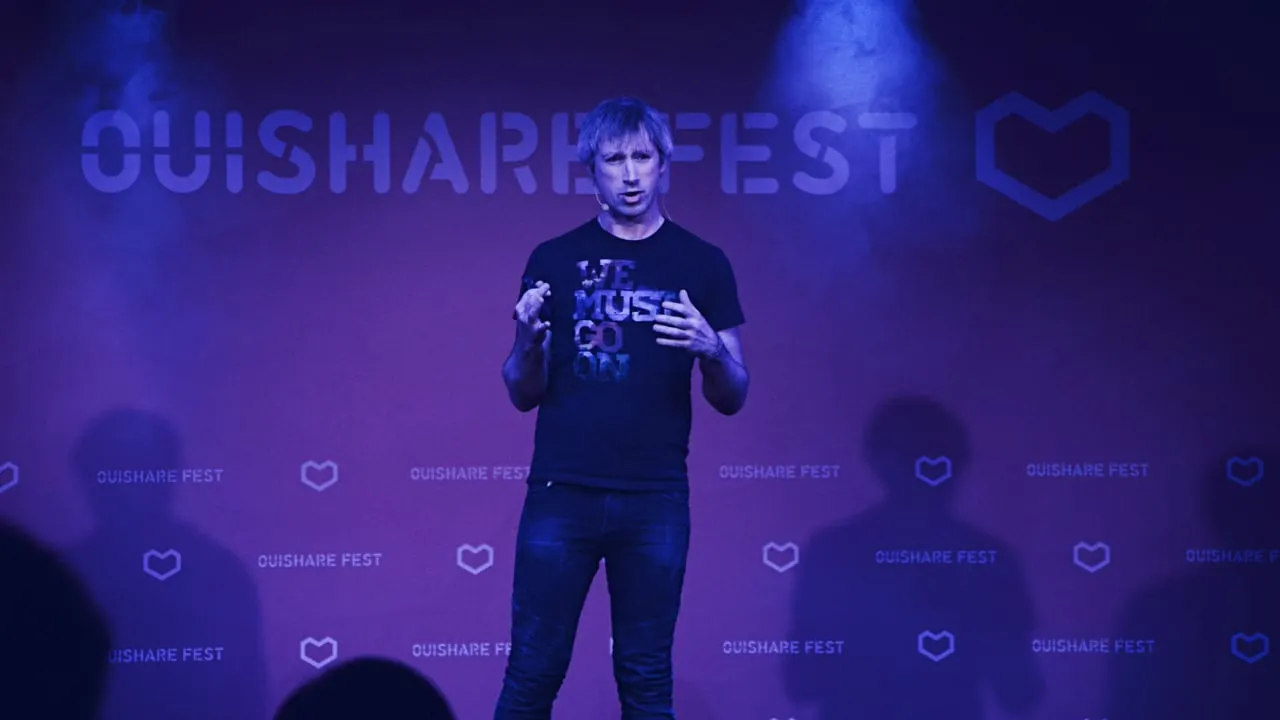In brief
- The Polkadot blockchain is now running.
- Polkadot is an interoperability protocol that uses sharding to scale networks.
- The Web3 Foundation and Parity Technologies, led by Gavin Wood and Jutta Steiner, have been working toward this release since 2016.
Polkadot, a blockchain that connects other blockchains together into a single network, is now live. The launch of the network has been about four years in the making—at points placing its creators in conflict with the Ethereum network they helped nurture.
Polkadot is a proof-of-stake network that uses sharding to tackle thorny scalability issues and enable increased network usage. According to a press release from the Web3 Foundation, which launched the network today, its sharding capability works hand in hand with its other core feature, interoperability:
"[Polkadot] connects several chains together in a unified network, allowing them to process in parallel and exchange data with strong security guarantees between chains. By parallelizing the workload, Polkadot solves major throughput issues."
Though it conceivably allows room for Ethereum, Polkadot's launch represents yet another severing of linkages between the networks' creators and the Ethereum network. The Web3 Foundation and Parity Technologies, which developed Polkadot, are led by Ethereum co-founder Gavin Wood and former Ethereum Foundation security chief Jutta Steiner, respectively.
After several confrontations between Ethereum devotees and the Parity team over alleged conflicts of interest, Parity Technologies stated in December that it would stop maintaining the Ethereum codebase and developing Ethereum 2.0 to instead focus on Polkadot.
For his part, in today's release Gavin Wood said, “Polkadot is, in many respects, the biggest bet in this ecosystem against chain maximalism. Even if there were one perfect chain, I don’t think it would stay perfect for very long. I would argue that it's really not such a good plan to be so focused on backing one winner above all others.”
Polkadot has been inching toward mainnet release over the past year. Web3 released Kusama, an experimental network that goes beyond the bounds of a traditional testnet, in July 2019. In February, it placed Polkadot's native DOT tokens on Coinbase Custody.
Daily Debrief Newsletter
Start every day with the top news stories right now, plus original features, a podcast, videos and more.

